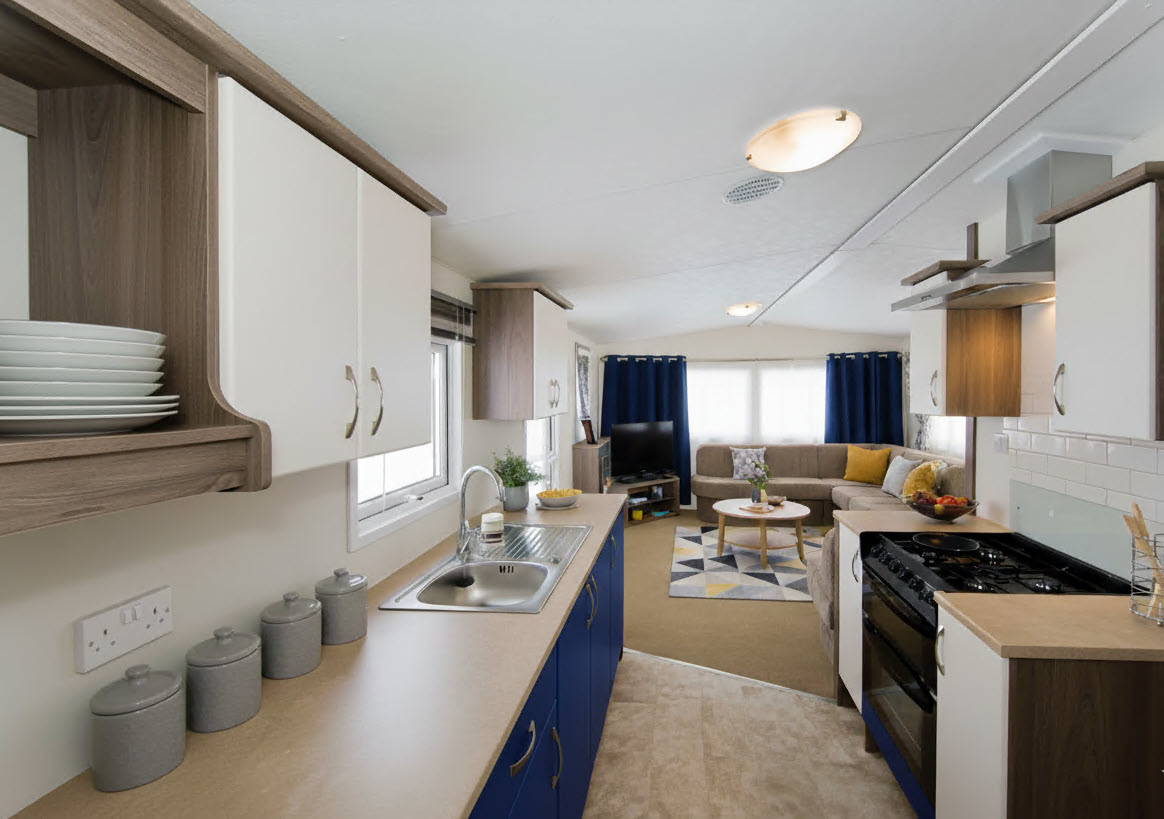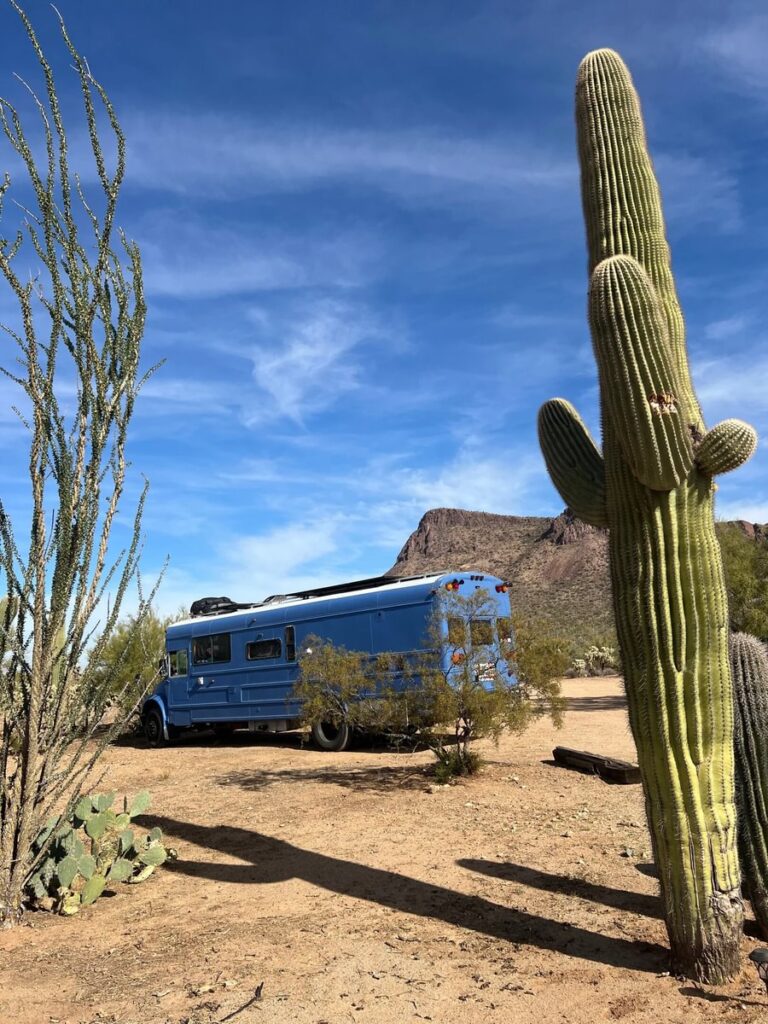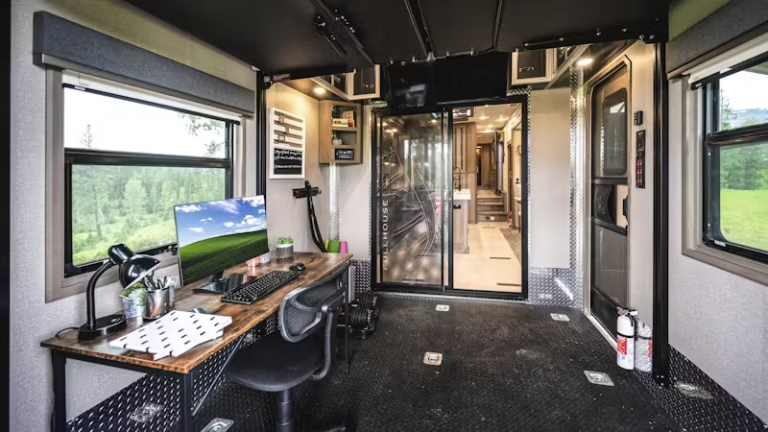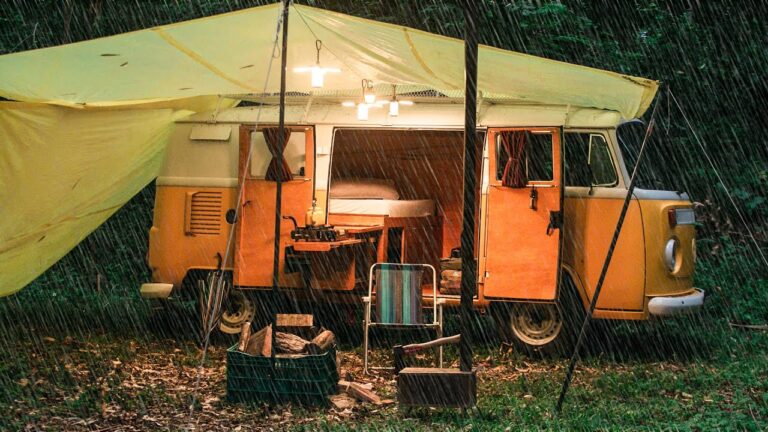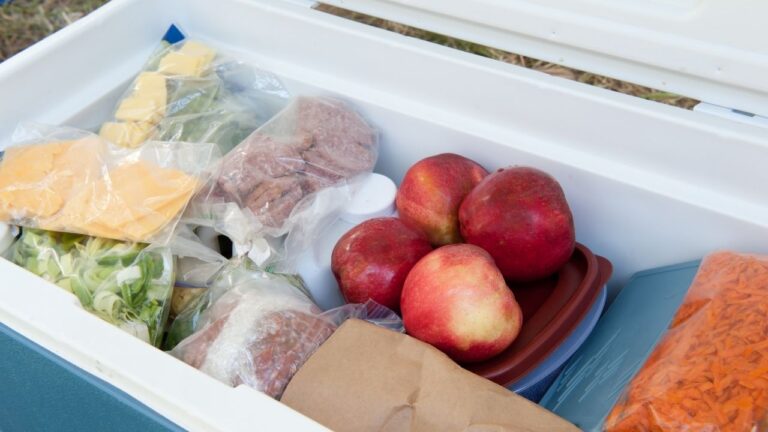How It Really Feels to Live in a Van / Caravan Long Term
Living in a van, campervan, or caravan over a long period of months or years is a dream for many: feedom, mobility, nature, less material burden. But the reality is a mixture of excitement, struggle, compromise, and growth. In this article I’ll share what it really feels like, backed by real data, numbers, and stories. Whether you’re curious, planning to try it, or already doing it, reading this will give you a more honest perspective.
1. What Does “Living in a Van Long Term” Mean?
By “living long term in a van / caravan / motorhome,” I mean spending not just a few vacations or weekends on the road, but making the vehicle your primary home for months or years. It implies:
- You sleep, cook, live, and store your stuff in the van (or caravan)
- You move occasionally (or sometimes stay in one place for weeks)
- You adapt your life to small space, mobile utilities, changing environments
It differs from “road trip mode” (short-term travel) or “weekend camping.” Long-term van dwellers (also called “full-time vanlifers”) must deal with consistent logistics: mail, insurance, parking or camping, breakdowns, weather, legality, etc.
The term “van-dwelling” or “vehicular dwelling” captures this lifestyle. Wikipedia
2. Who Does It – Demographics & Trends
Understanding who actually lives this way helps ground expectations. Some relevant statistics and observations:
The demographics and trends of full-time RV living in 2025 reveal a dynamic and evolving community that goes far beyond the traditional image of retired couples cruising the country. The median age of RV owners has dropped from 53 in 2021 to 49 in 2025, reflecting a significantly younger and more diverse population.
Today’s full-time RVers include families with children (often homeschooling on the road), remote workers and digital nomads, younger couples, and solo travelers who crave flexibility, financial freedom, and adventure. About 46% of RV owners are aged between 35 and 54, and first-time RV owners now make up approximately 36% of the community. This younger demographic is motivated by lifestyle flexibility, minimalist living, and remote work opportunities, enabling them to work from anywhere while exploring nature.
The RV community has also grown more inclusive and diverse, with Hispanic-American, African-American, Asian-American, and LGBTQ+ owners now representing about 30% of all RV owners.
In terms of usage patterns, RV owners are spending more time on the road than ever before, with the median number of usage days per year rising to about 30 days, a 50% increase since 2021. This rise in engagement reflects a deepening appreciation for the lifestyle and the experiences it offers.
Popular RV lifestyles include a mix of boondocking (off-grid camping) and staying in campgrounds, often involving seasonal migration (north in summer, south in winter). Common recreational activities include motorsports, fishing, and hiking, which align with the adventurous interests of many full-time RVers.
The motivations driving people toward full-time RV living are primarily to spend time in nature (54-57%), unwind and relax (52-58%), visit beautiful locations (49-53%), and also to accommodate pets (cited by about 43%). Among those working remotely, over half have done some work from their RV, reinforcing the role of RV life in the new era of remote employment.
Overall, the demographic and trend data show that full-time RV living in 2025 is a vibrant, younger, and more diverse lifestyle choice that appeals to a broad range of people beyond the traditional retiree model, driven by technology, flexible work, and a desire for mobility and connection with nature.
This insightful demographic understanding can help anyone considering full-time RV living to see how their lifestyle aspirations fit within this evolving community.
These figures suggest that the movement is not fringe; it’s increasingly mainstream among people seeking alternatives to fixed housing, high rents, or conventional lifestyles.
3. Cost: Upfront, Fixed, Variable
One of the central questions: Is it cheaper to live in a van long term? The answer: yes — sometimes — but with many caveats and variance. Let’s break down the cost components.
Upfront / Conversion Cost
- A basic used van can cost from a few thousand dollars. But a more comfortable “van conversion” with insulation, solar, plumbing, electrical, etc., often costs tens of thousands. Some full RV or luxury motorhomes can run into the hundreds of thousands.
- Many people convert themselves, which reduces labor costs but requires time, skill, and tools. True Cost Calculator
- The Outbound Living survey showed a wide spread in conversion budgets.
Monthly / Recurring Costs
Below is a breakdown of typical costs borne by long-term van / RV dwellers, along with real numbers from various sources.
| Cost Category | Typical Range / Example | Notes & Caveats |
|---|---|---|
| Campground / site fees | $300 to $1,000+ per month | Dependent on region, amenities, demand |
| Fuel / diesel / gas | $200 to $1,000+ per month | Especially high if you move often or travel long distances |
| Insurance / registration | $100s per month (or amortized) | Insurance for a vehicle + contents + liability |
| Maintenance & repairs | Variable — frequent | Rattles, mechanical issues, tires, systems (electrical, plumbing) |
| Food & groceries | $200–$800+ per person | Cooking inside helps; eating out raises cost. In one example: $600 groceries for two. |
| Utilities, phone, internet | $50–$200+ | Cellular plans, data, occasional hookups, power costs |
| Waste / dump fees | Sometimes included in campground, or $ | Black/gray water dump, sanitation |
| Miscellaneous & buffer | 30-50 % extra buffer is recommended | Unexpected breakdowns, border fees, permits |
From multiple sources, many full-time RV dwellers budget between $1,000 to $4,000 per month depending on travel frequency and comfort level.
One detailed example: a family in Mission Bay RV Park paid $1,085 + $155 for parking, $400 for fuel, $300 for insurance, $2,500 for food (this seems on the high end) etc.
Another long-term couple reported that for two people, a typical cost might be about $3,050 per month, though in a leaner month they paid as little as $1,400.
So yes, in many situations living in a van can save money versus rent + utilities, but you must control variables (driving less, choosing free or low-cost camping spots, managing repairs well).
Additionally, “hidden costs” creep in: extra buffer for breakdowns (often people budget 30–50% above base estimate).
4. Daily Routines, Space, and Comfort
One of the biggest shifts is rethinking daily life in extremely limited space.
Space and Organization
- In many van conversions, you may have perhaps 6–12 m² (some more, some less) of living area. That means very tight quarters.
- Every item must “earn its keep.” You quickly become minimalist – many van dwellers practice radical downsizing.
- Storage is clever: hidden compartments, multifunctional furniture, collapsible items, creative use of wall and ceiling space.
- Clutter becomes your enemy – one messy day can spiral into chaos.
Sleeping / Resting
- Usually there is one bed (or sometimes convertible seating to bed). If more than one person, intimacy and personal boundaries are challenged.
- Noise and vibration (from traffic, wind) are more noticeable.
- Temperature control is harder – insulation, heating, ventilation, and cooling all matter a lot.
Cooking / Food
- Many vans have a small stove (often 1–2 burners), sometimes a small convection oven or microwave.
- Food storage is limited – fridges are small, or one may rely on cooler / portable fridge units.
- Cooking inside on rainy, windy, or hot days is a challenge (venting, smoke, smells).
- Eating out more often is tempting, but increases cost.
Hygiene / Bathroom
- Unless the van has full plumbing, many use “remote” bathrooms — campground facilities, gyms, public showers.
- Black water (toilet waste) and gray water (sink/shower drainage) must be dumped periodically. This is messy and smelly, and it’s one of the least glamorous parts.
- Some vans have chemical toilets or composting toilets, but each has trade-offs (space, odor, maintenance).
Daily Chores & Maintenance
- Tasks you rarely think about in a house – checking ventilation, checking batteries, maintaining seals, checking for leaks, cleaning filters – become daily or weekly chores.
- The vehicle itself is your home and your carriage; mechanical and utility systems demand regular attention.
One long-time van dweller put it this way: you go from “I own a car that I occasionally sleep in” to “I own a small home that I also drive.” That shift changes mindset: everything must double as function + durability.
5. Utilities, Waste, Logistics
Living mobile means mastering infrastructure in mini-form.
Power / Electricity
- Many vans use solar panels + battery systems (often lithium or AGM) to provide off-grid power.
- When parked at campgrounds, you might plug into shore power (if hookups exist).
- Some use backup generator or portable generator for extra capacity.
- Power budgeting is a constant dance: lights, devices, fridge, water pump, heating/cooling must be balanced.
Water, Fresh & Waste
- Vans carry fresh water tanks (sometimes only tens of liters) and have gray / black tanks.
- Depending on your usage, you may refill water every few days and dump waste every few days to weeks.
- Off-grid (boondocking) means managing water usage carefully — shorter showers, limited washing.
Heating / Cooling / Insulation
- In cold climates, heating is essential (diesel heaters, propane, electric heaters).
- In hot climates, ventilation, fans, air conditioning (if available) become critical.
- Proper insulation, good seals, reflective surfaces all help maintain internal temperature and reduce energy needs.
Connectivity & Internet
- Many van dwellers rely on mobile internet (4G/5G) via cellular routers, eSIMs, or portable hotspots.
- In more remote areas, connectivity is a challenge – often you must plan around data limits, dead zones, or slower speeds.
Mail / Address / Legalities
- Because you have no fixed address, many use mail forwarding services or “virtual address” services to receive mail, packages, legal documents.
- Vehicle registration, insurance, driver’s license, tax filings are tied to some address – some use relatives’ or service addresses.
- Some areas ban overnight parking or sleeping in vehicles – you must research local laws and “legal places” to stay.
6. Work, Income, Connectivity
To sustain long-term van living, many combine travel with income sources; others use savings or retirement funds. Below are common models and challenges.
Digital / Remote Work
- Many van dwellers are digital nomads: writers, programmers, designers, consultants, remote marketers, etc.
- Stable internet is essential, so many choose locations or campgrounds for connectivity.
- Some adopt “slow travel” – stay weeks in one place, sometimes in towns, to work more reliably.
Seasonal, Local Jobs
- When stationary for a few weeks or months, some pick up seasonal or odd jobs: farm work, hospitality, guiding, outdoor work, etc.
- This can supplement income but requires flexibility and mobility.
Passive Income, Savings, Investments
- Some live off prior savings, investments, pensions, or passive income sources (dividends, rental income elsewhere, etc.).
- For many, van living is part of a mid- or semi-retirement lifestyle.
Challenges of Work Life in a Van
- Work-life boundaries blur: tiny space means your desk, bed, and living space merge.
- Noise, movement, power constraints, and connectivity disruptions can interfere with productivity.
- Some jobs require stable addresses, physical mail, or proximity to infrastructure (e.g. in-person meetings) – complicating full mobility.
7. Social Life, Mental Health, Solitude
Living on the road long-term changes how you relate to others – both positively and negatively.
Social Connections
- On the positive side, you meet many people on the road – other van dwellers, campground neighbors, locals.
- The vanlife community is supportive and often shares knowledge, resources, help.
- Yet, relationships back “home” can be strained: distance, time, different paces.
Solitude & Mental Challenges
- Isolation is real – long stretches without social contact, or in remote areas, can impact mental health.
- Emotional swings: excitement, wanderlust, but also loneliness, uncertainty, and fatigue.
- The constant small stresses – mechanical issues, weather, logistics – can wear you down.
- Many report that inward resilience, discipline, and routines help maintain mental balance.
Family & Partners
- If traveling with a partner or children, spatial stress magnifies. Privacy is minimal.
- Decisions must be jointly made (routes, finances, stopping times).
- Education for children or schooling on the road adds complexity.
A frequent comment among seasoned van dwellers: early phases are romantic and exciting — but after 6–12 months, you can face deeper questions of meaning, belonging, and sustainability.
8. Challenges, Trade-Offs, Risks
Long-term van life is not easy or flawless. Here are frequent issues to be aware of:
Mechanical Breakdowns & Wear
- The van is your home and your vehicle. Breakdowns can be catastrophic – no roof over your head, no mobility until fixed.
- Wear and tear on tires, suspension, seals, plumbing, wiring, etc., is constant.
- Skilled DIY skills help enormously; otherwise repair costs can mount.
Weather & Seasonality
- Extreme heat, cold, storms, humidity – all test the limits of insulation, ventilation, structural integrity.
- In winter, freezing is a serious threat; in summer, overheating or condensation are issues.
- Rain and moisture increases risk of leaks, mold, mildew, rust.
Legal & Safety Issues
- Some municipalities prohibit sleeping in vehicles or parking overnight.
- Permits, local rules, enforcement vary wildly.
- Safety: personal security in remote or isolated parking places, theft, wildlife, etc.
Health & Medical Needs
- If you have health conditions requiring regular care, travel and instability complicate things.
- Access to healthcare, pharmacies, doctors, insurance networks can become more cumbersome.
Longevity of the Lifestyle
- Vanlife is tiring physically, emotionally, and logistically. Many people do it for a few years, not decades.
- Physical strain: limited movement, cramped space, repetitive tasks.
Depreciation & Resale
- Vans and conversions age; resale value may decline. Upkeep must be prioritized.
- Some systems (solar, plumbing) degrade; maintaining functionality over many years is challenging.
Opportunity Cost & Trade-off
- Sacrifice stability, roots, larger social networks, community, deeper local ties.
- Some experiences (hosting large gatherings, big appliances, certain hobbies) may be constrained.
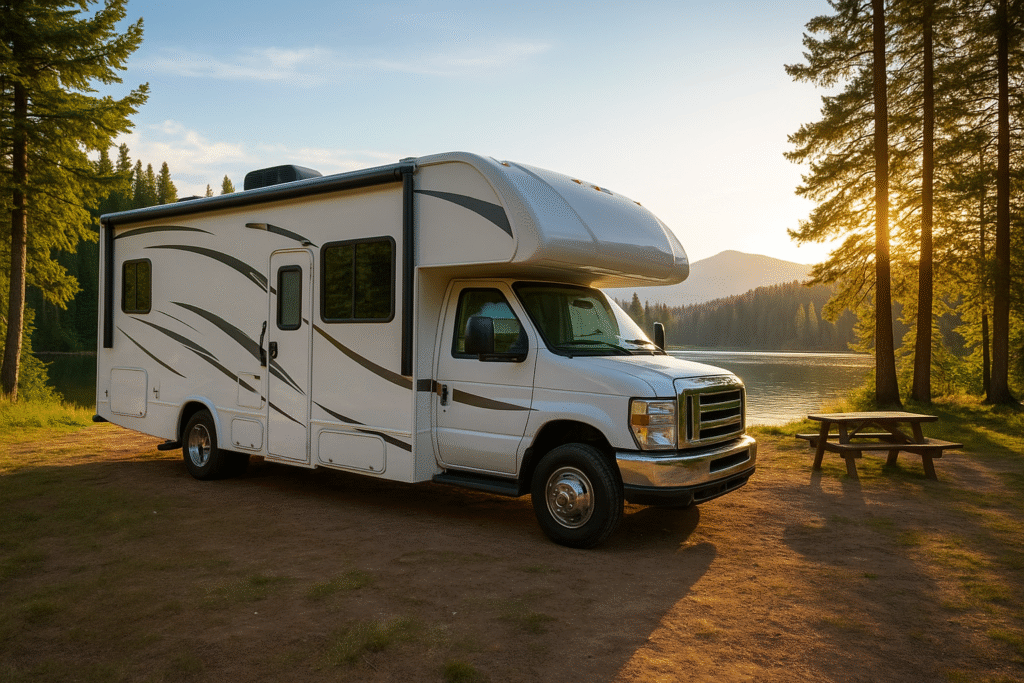
9. Rewards, Surprises, Growth
Despite challenges, many maintain that long-term van life gives unique rewards not found in conventional living. Some highlights:
Freedom & Mobility
- Waking up in new places, being able to move when mood or weather demands, not anchored to one locale.
- Access to nature, remote areas, landscapes many people never see.
- Flexibility to choose where to live at any time.
Simplicity & Minimalism
- You learn what matters: experiences, relationships, nature, not accumulation of objects.
- Many report a psychological lightness from decluttering and owning less.
Resourcefulness & Self-Reliance
- You become handy, adaptable, creative. Small problems demand quick fixes, innovation.
- The satisfaction in repairing your systems yourself is real.
Deeper Connection with Environment
- You feel weather intimately — sun, wind, cold, rain become daily companions.
- You develop deep awareness of energy, water, waste, cycles.
Personal Growth & Perspective
- Many vanlifers describe a shift in values, priorities, and a deeper sense of humility.
- Facing discomfort, uncertainty, challenges regularly builds resilience.
- You live more consciously — noticing small details, practicing gratitude, being present.
One veteran van dweller said: “This is not a vacation. It’s a way of life. The hard days remind me that life is sacred; the beautiful days remind me that freedom is real.”
10. Tips & Strategies for Longer Survival
For those wanting to try long-term van life (or improve their experience), here are practical tips:
- Start with a trial period – do a few months or one full seasonal cycle before committing fully.
- Choose the right vehicle / layout – balance comfort, durability, serviceability, insulation, and simplicity.
- Prioritize insulation and ventilation – heating/cooling are among the biggest pain points.
- Plan your power system wisely – invest in a robust solar + battery system, with margin for cloudy days.
- Manage water & waste smartly – use low-flow fixtures, smart tank sizes, plan dump stops.
- Minimize driving – settle into regions for weeks to reduce fuel usage and stress.
- Use free / low-cost camping – boondocking, public lands, free spots to reduce site fees.
- Build a mail / address / logistics system – mail forwarding, service addresses, package pick-up solutions.
- Maintain vehicle & systems proactively – inspect, service, tighten bolts, seal leaks regularly.
- Stay connected intentionally – ensure reliable internet solutions, backups, data planning.
- Balance solitude and social time – schedule visits, meetups, stay in towns sometimes.
- Have financial buffer and emergency funds – van life often needs surprise spending.
- Stay healthy – move your body, eat well, find gym/shower swaps, track health in remote areas.
- Plan for insurance, legality, permits – know laws of the places you travel.
- Document what works / logs – note campground costs, service records, daily routines.
These strategies won’t eliminate all hardship, but they help shift challenges into manageable ones.
11. Is It Sustainable Long Term?
Can one live in a van for years, decades, or for a “lifetime”? The honest truth:
- Many people live this way for a few years, then shift to semi-nomadic or hybrid (some stationary periods).
- Physical fatigue, wear, relationship shifts, desire for roots or community may drive change.
- Some “career nomads” do this for 10+ years, but that’s rare and requires strong discipline, flexibility, resilience, and a continuously adaptable mindset.
The lifestyle tends to evolve – the first months may feel thrilling, but long-term requires acceptance of sacrifices, routine, and occasional return to a “base” or stable homebase.
If you maintain that balance (mobility + occasional anchoring), van life can be sustainable, but it probably will not be a static “forever” mode for most people.
12. Conclusion
Living in a van, caravan or motorhome for the long term is a complex mix of freedom, challenge, simplicity, stress, growth, and adaptation. It’s not for everyone, but for those who feel the pull, it offers real lessons in minimalism, resilience, nature, and choice.
You’ll learn to lean into discomfort, to fix things yourself, to budget meticulously, and to value experiences over possessions. You’ll also deal with breakdowns, weather, loneliness, legal constraints, and wear. But if you approach it thoughtfully – with reserves, adaptability, planning -you can turn many of the hardships into stories, lessons, and living art.

